
Dr. Diogo Ferraz
Professor and researcher, Dr. Diogo Ferraz possesses in-depth and comprehensive expertise in economic complexity and diversification, integrating social (human development) and environmental (bioeconomy) aspects through quantitative methods. An economist with a PhD in engineering sciences from the University of São Paulo (Brazil), he currently serves as a guest researcher at the Chair of Innovation Economics at the University of Hohenheim (Germany). In Brazil, he is among the top researchers honored with the prestigious Productivity Scholarship by the National Council for Scientific and Technological Development (CNPq). Dr. Ferraz has extensive experience in combining impact-oriented and evidence-based projects in developing countries, with funding from CNPq, Deutscher Akademischer Austauschdienst (DAAD), and other organizations. As a professor, he teaches econometrics and economic complexity in undergraduate and postgraduate programs in Brazil. He leads the Center for Studies on Productive Structure, Human Development, and Sustainable Development (NEPDHS), which comprises researchers, master’s, and PhD students. His research focuses on complexity and productive structure, innovation, economic and sustainable development, and bioeconomy. He has authored around fifty scientific publications in prestigious journals and has received numerous distinctions and honorary awards for his research and development efforts. Notably, he received the Lions-Club-Förderpreis award in Germany in 2019, secured funding from the Friedrich-Naumann-Stiftung für die Freiheit (Germany) in 2020, and from the German Academic Exchange Service (DAAD) in 2022. In 2023, he was a finalist (Top-1) for the Outstanding Researcher Award at the Brazil Conference at Harvard and MIT. Dr. Ferraz’s extensive knowledge enables him to provide straightforward policy recommendations to promote economic diversification and sustainable development.
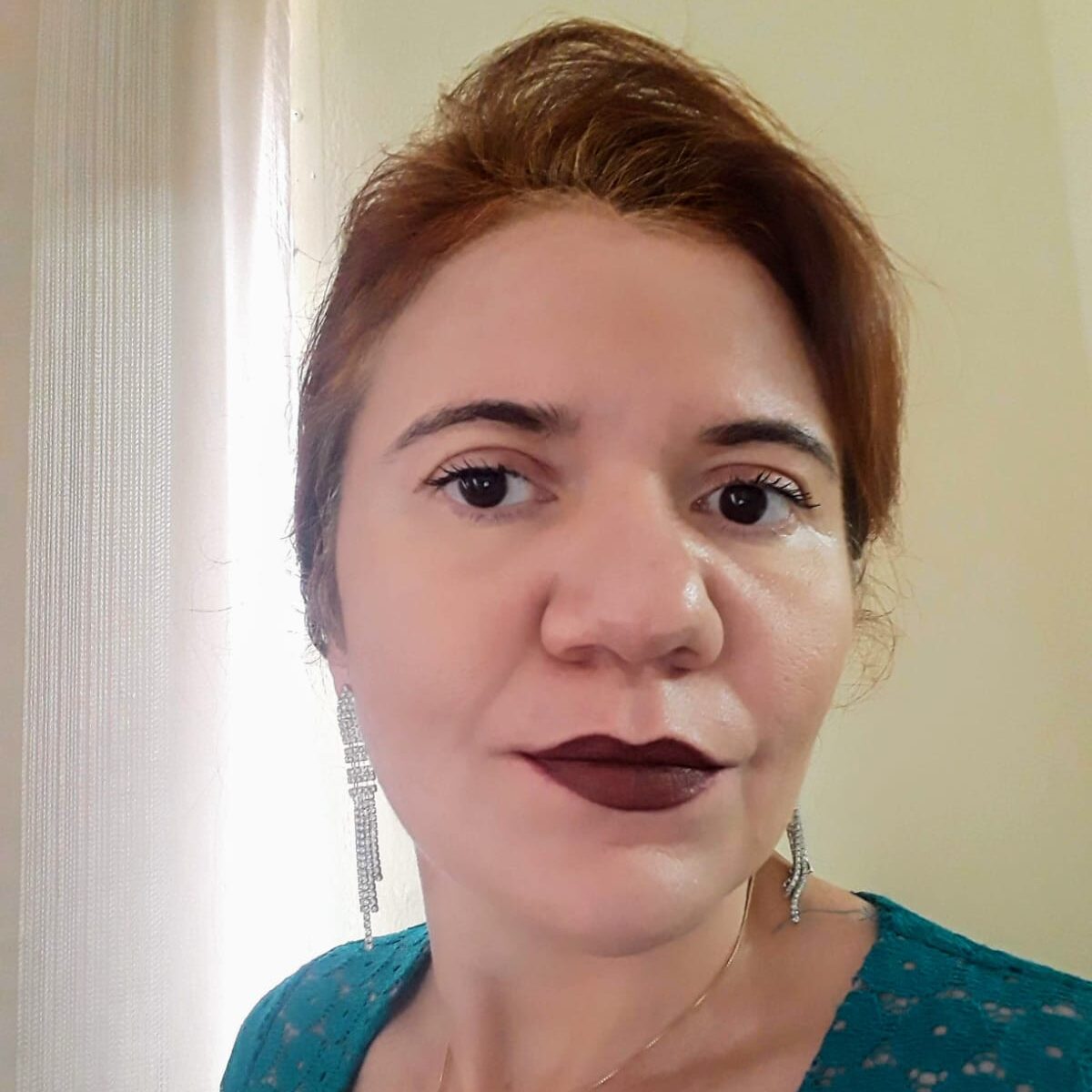
Dr. Francisca Diana Ferreira Viana
She holds a degree in Economics from the Federal University of Ceará (2003), a master’s degree in Economics from the Institute of Economics at the Federal University of Uberlândia (2006), and a Ph.D. in Economics (2010) from the Center for Regional Development and Planning (CEDEPLAR) at the Federal University of Minas Gerais (UFMG). Currently, she is a Professor in the Production Engineering program at the Federal University of Ouro Preto, in the Master’s Program in Applied Economics at the Federal University of Ouro Preto, and in the Graduate Program in Production Engineering, also at the Federal University of Ouro Preto. She is a member of the Center for Studies on Productive Structure, Human Development, and Sustainability (NEPDHS), the Research and Extension Center in Economic and Social Development (NUPEDES), and the Agroecology Studies Center of the Inconfidentes region (NEA Inconfidentes). Her areas of interest include Regional Economics, with an emphasis on Local Development, Tourism Economics, Family Agriculture, Solidarity Economy, Smart Cities, and Creative Cities.
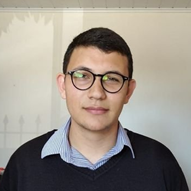
Alan Bueno
Researcher Alan Bueno, MSc, is interested in economic complexity, evolutionary economics, and applied microeconomics, with an emphasis on firm dynamics. He holds a BA in Economics from the State University of Ponta Grossa (UEPG) and an MSc in Applied Economics from the Federal University of Ouro Preto (UFOP). Currently, he is a PhD student in Production Engineering at São Paulo State University (UNESP). Alan is affiliated with the Center for Studies on Productive Structure, Human Development, and Sustainable Development (NEPDHS) and the Center for Research on Complexity, Development, and Inequality (NECODE).

Alysson Roice
Alysson Roice is a civil engineer graduated from the Federal University of Ouro Preto, with a Master’s in Production Engineering focused on Innovation from the same university. He is currently pursuing a PhD in Production Engineering at UNESP. Alysson is a member of the LabMin research group at BHTec, the technology park in Belo Horizonte, where his research centers on models and metrics for evaluating technology parks. He has significant market experience, having worked in the financial sector in Asset and Family office, and currently works at an innovation consultancy firm. Additionally, Alysson is part of the Center for Studies on Productive Structure, Human Development, and Sustainable Development (NEPDHS).

Erica Cristina Alves Ouverney
Erica Cristina Alves Ouverney is a researcher studying the social dimension of the Bioeconomy. She holds a bachelor degree in Economics from the Universidade Federal de Ouro Preto (UFOP) and is currently a master’s student in the Graduate Program in Applied Economics (PPEA) at UFOP. Recently, she received the Lions-Club-Förderpreis award in Germany for a research stay at the University of Hohenheim in Stuttgart, Germany. During her research stay, Erica will continue her project on Bioeconomy and social indicators. Her goal is to understand the conversion of wealth generated by the Bioeconomy sectors into better social conditions. The expected outcome is to present valuable data that will assist policymakers and contribute to sustainable development with due concern for society.
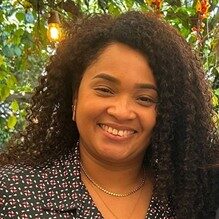
Dr. Jordana Ferreira da Silva
Jordana holds a PhD in Economics from the Federal University of Minas Gerais, emphasizing Regional, Urban, and Development Economics. She holds a Master’s degree in Applied Economics and a Bachelor’s in Economics from the Federal University of Ouro Preto. Jordana has developed research in Regional Economics, with studies that deal with the relationship between productive structure, economic development, and sustainability. She is also an associate researcher with the Regional Economic Resilience Study Group (RESILIRE) and an associate member of the Black Economists Network (REPP).
Jordana, in her capacity as the embedded staff, is directly involved in J-PAL’s partnership with the Secretariat for Monitoring and Evaluation with the Brazilian government on an agenda with the Ministry of Environment and Climate Change. Her role as a Senior Research and Training Associate at J-PAL in Latin America and the Caribbean (LAC) is part of the Partnerships with Governments Project team in Brazil.
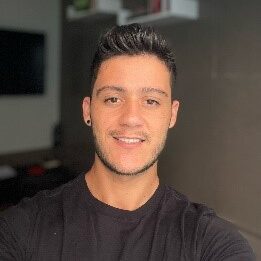
Danilo Marques
Economist and researcher, Danilo Marques holds a degree in economics from the Federal University of Ouro Preto (Brazil) and is currently pursuing a master’s degree at the São Paulo State University (Brazil). Danilo possesses significant experience and research in human capital theory, sustainable development, and economic complexity. His master’s research focuses on economic development, economic complexity, and environmental degradation, framed within the theoretical context of the Environmental Kuznets Curve theory. As a proficient Python programmer, Danilo excels in data collection, processing, and econometric modeling. He is an active member of the Center for Studies on Productive Structure, Human Development, and Sustainable Development (NEPDHS), contributing to research on complexity and productive structure, bioeconomy, innovation, sustainable economics, and circular economy. Danilo has presented some papers at conferences and was awarded an honorable mention for his study on wage determinants among workers in Minas Gerais.

Luiz Felipe Menochelli
He is an undergraduate student in Economics at the Federal University of Ouro Preto (UFOP), currently working on his first scientific project. His research focuses on Smart Cities, particularly within the cities of Minas Gerais.
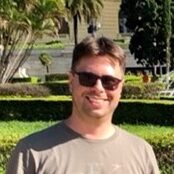
Gilberto Dias Paião Júnior
Master’s student in the Postgraduate Program in Production Engineering at Universidade Estadual Paulista (UNESP), Bauru, São Paulo. Holding a bachelor’s degree in production engineering from the same institution, his research interests include economic diversification, economic complexity, and sustainable development. His methodological approach encompasses econometric models, statistical tests, and data envelopment analysis (DEA).
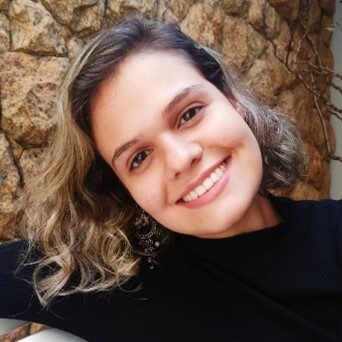
Giovana Degaspari Pinto
Giovana Degaspari Pinto is a PhD Candidate at the University of São Paulo – School of Engineering of São Carlos. As a researcher, she investigates the sustainable transition of agri-food systems, the development of Alternative Food Networks, the empowerment of small rural producers, and digitalization to achieve the UN Sustainable Development Goals. Giovana participated in the “USP Sustainable Cities Challenge,” funded by Santander Universitário, where she was involved in research projects aimed at developing a certification seal for local products, resulting in the Local Food Seal of Piracicaba, in partnership with the Piracicaba Department of Agriculture and Supply. She also participated in a project at the Luiz de Queiroz College of Agriculture – University of São Paulo, which aimed to strengthen solidarity consumption initiatives and producers in short food supply chains during the COVID-19 pandemic. This project analyzed the strengthening of the Guandu Network – Responsible Production and Consumption during the pandemic. In addition to these activities, Giovana was a mentor in the World Food Forum Global Youth Action challenge for sustainable solutions for agri-food systems, specifically in the project “Innovation in waste reduction: biodegradable onion leaf films.”

Kaike Alves de Sa
He is an undergraduate student in Economics at the Federal University of Ouro Preto (UFOP), currently working on his first scientific project, supported by UFOP. His research focuses on the bioeconomy, natural resources, and non-renewable resources, using the systematic literature review method. Additionally, he is a member of the Center for Studies on Productive Structure, Human Development, and Sustainable Development (NEPDHS).
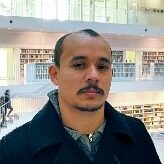
Leandro Moreira Pinto
Metallurgical Engineer graduated from the Federal University of Ouro Preto (UFOP), with experience in scientific research and quantitative methods, especially in the areas of Production Engineering and Materials Engineering. During his undergraduate studies, he developed two Scientific Initiation projects funded by the Minas Gerais State Research Support Foundation (FAPEMIG) and the Vale Institute of Technology (ITV). After graduating, he worked as a researcher on three research projects also funded by ITV. He is currently studying for a master’s degree in production engineering at Paulista State University (UNESP), with a dissertation project focused on the efficiency of the Brazilian prison system, using Data Envelopment Analysis (DEA), addressing both the operational and resocialisation points of view. He is a member of the Human Development and Sustainable Development (NEPDHS) research group, which brings together researchers, masters and doctoral students.

Luana Beatriz Martins Valero Viana
Luana Beatriz Martins Valero Viana is a researcher with an interest in sustainability and the ecology of zoonotic diseases. She is an undergraduate in Environmental Management from the University of São Paulo (USP) and is currently advancing her studies as a master’s student in Production Engineering at the São Paulo State University (UNESP), where she continues to explore and expand her knowledge in the area of production systems. Recently, Luana received the Lions-Club-Förderpreis award in Germany for the development of research on Bioeconomy at the University of Hohenheim. Luana’s research focus lies in the ecology of zoonotic diseases and the various environmental impacts associated with production systems. Her work aims to understand the interactions between agricultural and livestock production and public health, as well as to contribute to the development of more sustainable and responsible practices. With an interdisciplinary approach, she seeks solutions to minimize the negative impacts of production on the environment and society through an integrative vision in the face of global challenges.
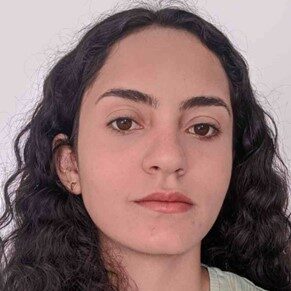
Maria Eduarda Souza Costa
She is an undergraduate student in Economics at the Federal University of Ouro Preto (UFOP), currently working on her second scientific project funded by the Minas Gerais State Research Support Foundation (FAPEMIG). Her research focuses on public security, prison efficiency, and human development, particularly within the context of the state of Minas Gerais. Additionally, she is a member of the Center for Studies on Productive Structure, Human Development, and Sustainable Development (NEPDHS).
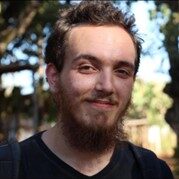
Giordano Bruno Bernardes Cristofano Basso
He is an undergraduate student in Economics at the Federal University of Ouro Preto (UFOP), currently working on his second scientific project, funded by the Conselho Nacional de Desenvolvimento Científico e Tecnológico (CNPq). His research focuses on human development and economic complexity, particularly within the context of the states of Brazil. Additionally, he is a member of the Center for Studies on Productive Structure, Human Development, and Sustainable Development (NEPDHS).
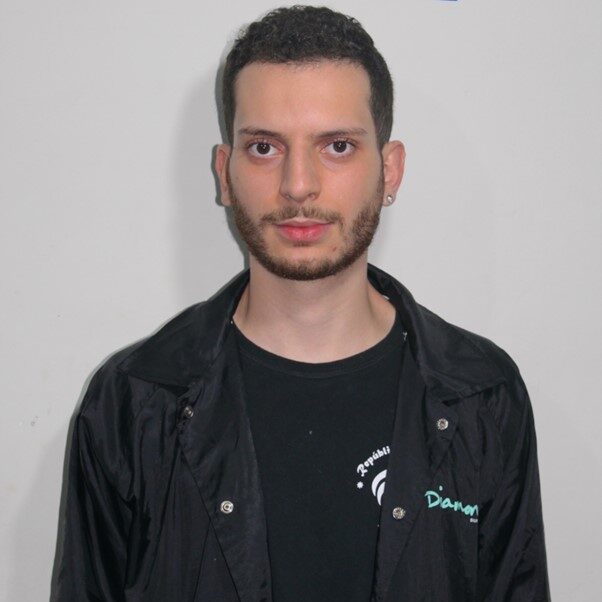
Gregory Moraes
Gregory Moraes is an economist undergraduated from the Federal University of Ouro Preto. He is currently pursuing a master’s degree in economics at the São Paulo State University, where he is also undertaking a PhD in production engineering. He is a member and researcher at the Center for Studies on Productive Structure, Human Development, and Sustainable Development (NEPDHS). Additionally, his research focuses on innovation, patents, productive structures, economic complexity, economic and sustainable development. He has an interest in quantitative methods and econometrics.